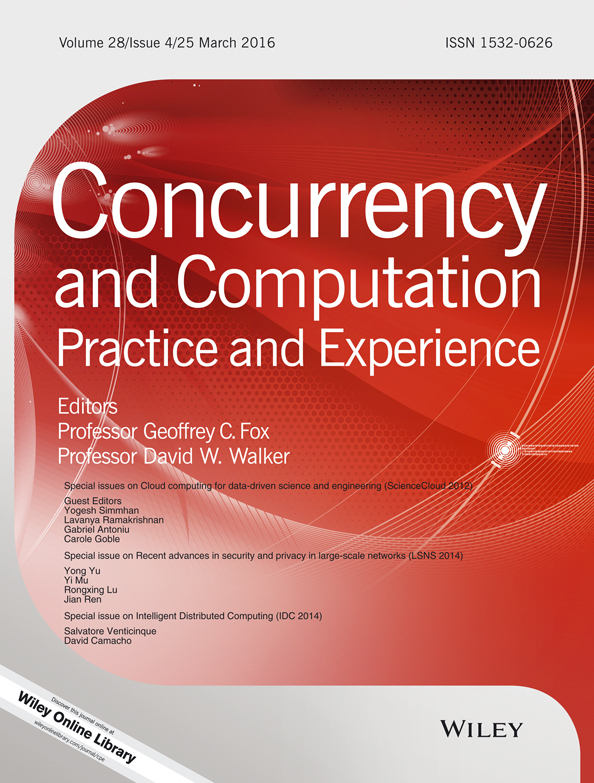Delegation of signing rights for emerging 5G networks†
Correspondence to: Yongyong Ge, College of Engineering, Peking University, Beijing, 100871, China.
E-mail: [email protected]
Summary
5G mobile networks are promising to offer mobile users unrivaled experiences with infinite networking capability at any period and from anywhere. However, it appears unnecessary and impractical for the customers and servers to be connected permanently in wireless networks because battery life is a bottleneck in such kind of networks. Therefore, the authorized entity needs to delegate its right to others in order to ensure the services available. This paper aims to address the issue of delegating authentication in 5G networks by proposing a new proxy signature scheme with efficient proxy signing operations. Concretely, we present a new and efficient proxy signature algorithm whose unforgeability can be reduced to the well-known discrete logarithm assumption. In the proposal, the original signer delegates his signing right by signing an exposure-free chameleon hash value on the warrant, and the proxy signer can generate a proxy signature on a message only by calculating a chameleon hash collision between the warrant and the message. This approach is computationally cost-effective for the proxy signer. Further analysis of the new scheme demonstrates that it offers the desirable properties of delegation of signing sights. Copyright © 2015 John Wiley & Sons, Ltd.




